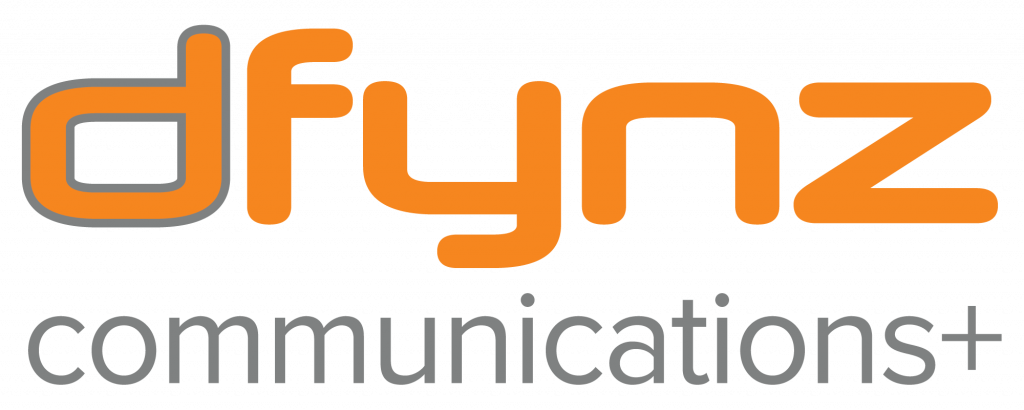Recently, I have written about common mistakes that people make before and during media interviews. Unfortunately, once the interview is over, you may still undermine your end goal. Your actions may be misguided and could potentially jeopardize your place in the story as well as your long-term relationship with the media. Here are some things you should not do:
Blame your PR Person: I am not saying this selfishly. PR professionals really do not control what the press writes. We influence the relationship, provide education and background, verify facts, and have meals and drinks with reporters. All in an effort to try champion and promote your viewpoint. However, we don’t write the piece, nor do we see it ahead of time. As much as we try, we can’t control the focus of the story, the quotes that are used, and whether or not your comments even make it into the article at all. Be as prepared as possible before the interview and be mindful of your talking points and messaging.
Blame the reporter. There can be many instances when someone is not happy with an article. Today we will look at the more general displeasure of being left out, taken out of context, a negative undertone, the story not matching the interview or the headline not to your liking. Each one of these can be an hours-long discussion. But in essence, outside of a careless mistake, the twisting of facts or an error of omission, the journalist is not responsible for or beholden to your happiness with the story. If there is a mistake, then take the steps to get a correction. But if the story is factual and you just simply do not like it, step back and consider how to better get your message across next time.
Thank the journalist for a great story. You and your communications team did it! You worked hard to get that great, glowing profile in the most important, well-respected publication there ever was for your business. You want to pick up the phone and thank the writer for doing “such a great job!” Please don’t. A journalist’s priority is to be fair, balanced and accurate. If they hear that you are incredibly pleased by their representation of you or your business, they will feel as though they didn’t do an effective job sticking to their own guidelines. They will walk away thinking that they missed something or that you and others may consider them a shill for your firm. Instead, you can say that you appreciated their time and thoughtfulness while working with you and your colleagues. Vanilla, but respectful.
There are many rules of engagement when it comes to working with the press. With each media outlet, reporter and storyline you may be dealing with a lot of different moving parts and people. It’s critical that you don’t approach a press interview like a chat with an old friend, colleague or potential client. Each unique situation should be considered and prepared for carefully with assistance from those in a position who can help you through the process.
